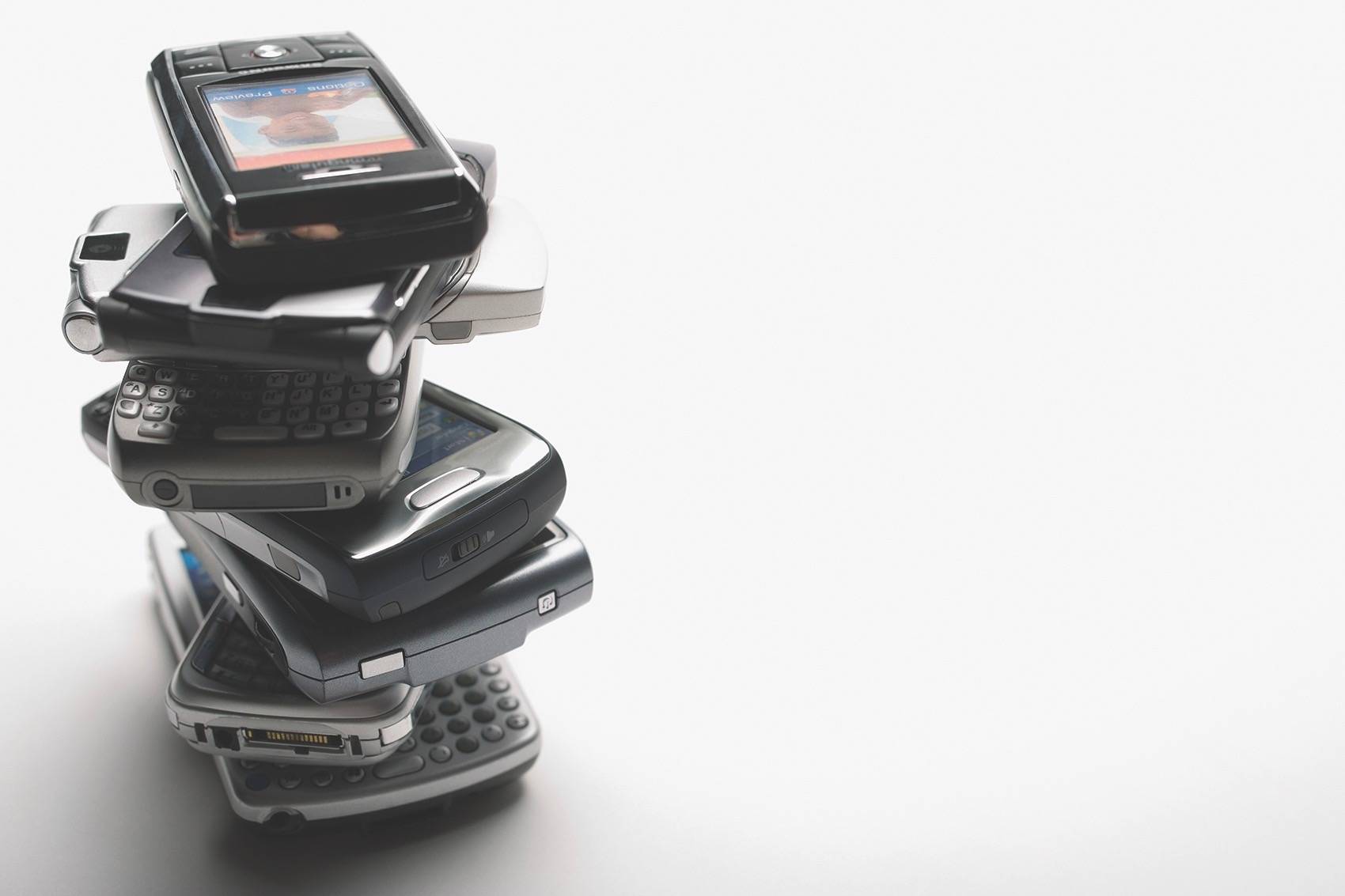“One of the biggest challenges of the 21st Century is dealing with the progress of the 20th Century – especially old computers, monitors, cellphones and televisions. These appliances depend on potentially hazardous materials, such as mercury, to operate. After a five-to-eight year useful life, many are tossed into dumpsters and sent to landfills where they can leach into the soil and groundwater.”
That was the opening paragraph of a column I wrote 20 years ago. However, today the problem is much larger, more complex and presents greater dangers to public health and our environment worldwide.
In 1999, Gov. Gary Locke started “Computers for Kids,” an innovated approach where old computers were sent to the Airways Heights Corrections Facility west of Spokane. There inmates refurbished and distributed them to impoverished rural school districts. A last report in 2017, approximately 3,000 were distributed annually.
Even though it was a small innovation, it is the kind of idea we need today.
E-waste is the most rapidly growing waste problem in the world. According to the United Nations, we generate about 40 million tons of it every year. This is equivalent to throwing out 800 laptops every single second.
In some places the amount of e-waste increases annually by 500 percent and it is overwhelming local, state and national government officials.
The problem is acerbated by sophisticated Smart Phones powered by lithium batteries. Today, the average American cell phone user owns three or more and up to 75 percent of obsolete phones are stockpiled in home or office drawers.
The predicament is growing much worse because more than five billion people now own cellphones. Most people replace them every 18 months, when upgraded models come out. Global Citizen, international organization, estimates in the United States, 416,000 cellphones enter landfills or incinerators every day, where they can potentially release toxins into the air, water, and soil.
The vast majority of e-waste isn’t handled in an environmentally friendly way. In fact, only 15 to 20 percent of electronic devices are recycled around the world.
Recycling methods vary substantially. The EHS Journal adds: “The most urgent issue today is that approximately 80 percent of unwanted electronics are improperly disposed of. E-waste is either discarded or exported to emerging nations, where open-air burning and acid baths are used to reclaim precious metals and other elements.”
According to a 2010 U. S. Congressional Research Service report, the lack of environmental controls in these nations has resulted in elevated lead levels in people, particularly children, and in farm animals. The heavy metal contamination is lodged in soil.
For example, the soil in China’s Guiyu region, referred to as the “e-waste capital of the world,” is laced with some of the world’s highest concentrations of dioxins and heavy metals. These toxic pollutants have not only contaminated farm lands, but its water contains lead 2,400 times higher than safe levels.
Laws governing e-waste have been a long time coming, but countries are finally beginning to adopt them in the face of growing environmental and health concerns, according to Quartz.
A few years ago when China, which took 70 percent of the world’s e-waste, banned the import of various devices, a mad-rush erupted among countries like the US to find alternatives. Thailand quickly became a “new dumping ground,” according to Reuters. Shifting dumps sites is not a solution.
The problem is overwhelming and requires innovative solutions. We must find new ways to safely recycle electronic devices and prevent them from entering into our waste stream.
What is happening now is not safe for our environment or people trying to survive in areas already contaminated by e-waste.
Don C. Brunell is a business analyst, writer and columnist. He recently retired as president of the Association of Washington Business, the state’s oldest and largest business organization, and now lives in Vancouver. He can be contacted at theBrunells@msn.com.
Talk to us
Please share your story tips by emailing editor@kentreporter.com.
To share your opinion for publication, submit a letter through our website https://www.kentreporter.com/submit-letter/. Include your name, address and daytime phone number. (We’ll only publish your name and hometown.) Please keep letters to 300 words or less.

